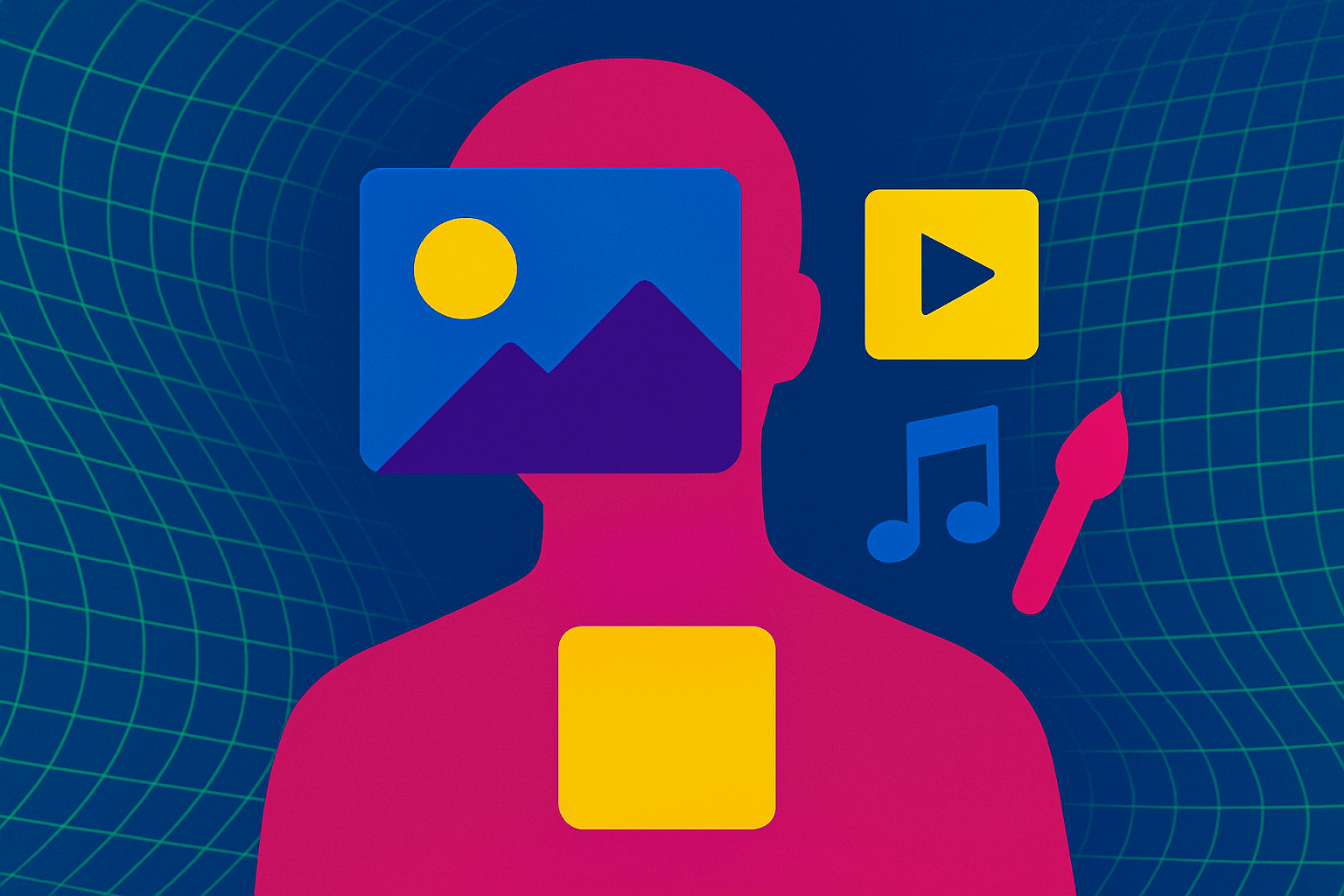OpenAI CEO Sam Altman says human-made content will "go up in value dramatically"

OpenAI CEO Sam Altman sees a new appreciation for human-generated content on the horizon, even as AI tools reshape the internet.
At a recent dinner with journalists in San Francisco, including The Verge's Alex Heath, Altman acknowledged that the GPT-5 rollout was far from perfect. "I think we totally screwed up some things on the rollout," he said.
Even so, demand spiked: API usage doubled within two days, GPU resources maxed out, and ChatGPT kept breaking its own user records. Altman said the experience showed just how carefully these kinds of upgrades have to be managed. "I think we've learned a lesson about what it means to upgrade a product for hundreds of millions of people in one day," Altman said.
Not everyone is convinced. Some industry observers say GPT-5 is overhyped and see the launch as more evidence that large language models are starting to run up against real technical limits.
Human-made content could become a premium
Altman thinks the next phase of the internet will put a premium on content that is clearly made, checked, and curated by real people. "I do think people will go to fewer websites. I think people will care more about human-crafted content than ever. My directional bet would be that human-created, human-endorsed, human-curated content all goes up in value dramatically."
His comments come as AI-generated text and images flood the web, raising concerns among artists and writers, especially since many AI companies have trained their models on human work without consent and now compete directly with those creators.
Several recent studies suggest that AI answers in Google searches could sharply cut traffic to traditional websites. That could threaten the open web as a source of information and push human-made content further out of sight. Google search chief Liz Reid called the studies exaggerated but didn't offer data to dispute them.
Altman also hinted that OpenAI is working on new standalone applications beyond ChatGPT. When asked about AI-powered social networks, he said it was something they would consider "to build a much cooler kind of social experience."
He even floated the idea of OpenAI buying Chrome if it were ever put up for sale. Neural interfaces are also on his mind: "I would like to be able to think something and have ChatGPT respond to it," he said.
Signs of an AI bubble
Altman is blunt about the hype around AI startups. When asked if investors are overexcited about AI, he said, "My opinion is yes," drawing parallels to the dotcom bubble of the late 1990s, where real breakthroughs were often drowned out by unrealistic expectations.
He is particularly skeptical about huge investments going into companies that barely exist, calling it "insane" that some AI startups with "three people and an idea" are receiving funding at such high valuations and adding, "That's not rational behavior."
Still, he sees risk as part of the game, stating, "Someone is going to lose a phenomenal amount of money. We don't know who, and a lot of people are going to make a phenomenal amount of money."
Eventually, Altman expects AI will be "a huge net win for the economy." OpenAI itself plans to "spend trillions of dollars on data center construction," and Altman said people "should expect a bunch of economists to wring their hands."
AI News Without the Hype – Curated by Humans
As a THE DECODER subscriber, you get ad-free reading, our weekly AI newsletter, the exclusive "AI Radar" Frontier Report 6× per year, access to comments, and our complete archive.
Subscribe nowAI news without the hype
Curated by humans.
- Over 20 percent launch discount.
- Read without distractions – no Google ads.
- Access to comments and community discussions.
- Weekly AI newsletter.
- 6 times a year: “AI Radar” – deep dives on key AI topics.
- Up to 25 % off on KI Pro online events.
- Access to our full ten-year archive.
- Get the latest AI news from The Decoder.